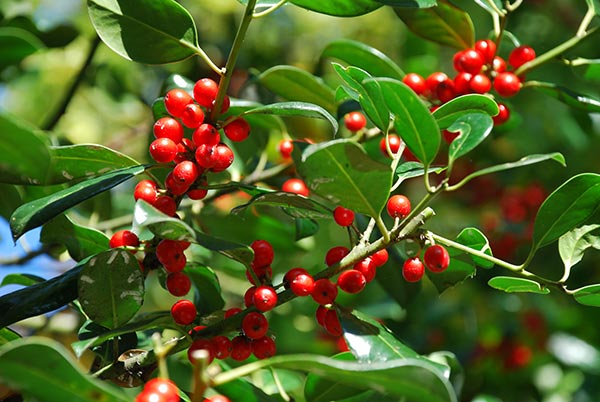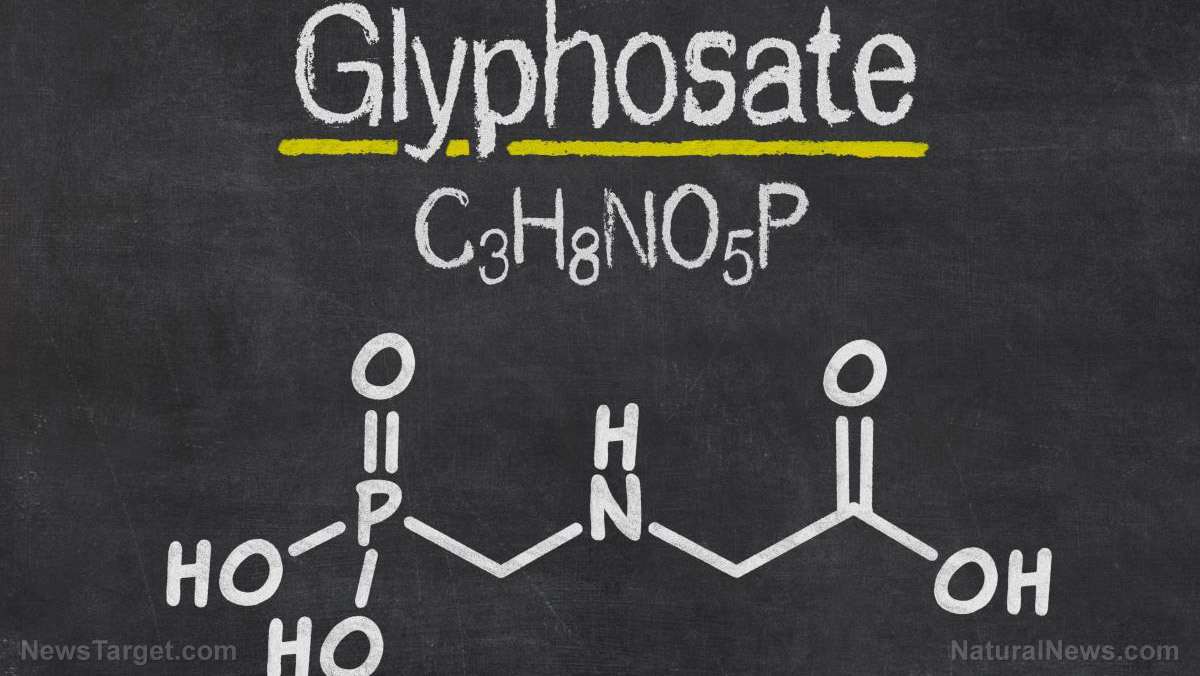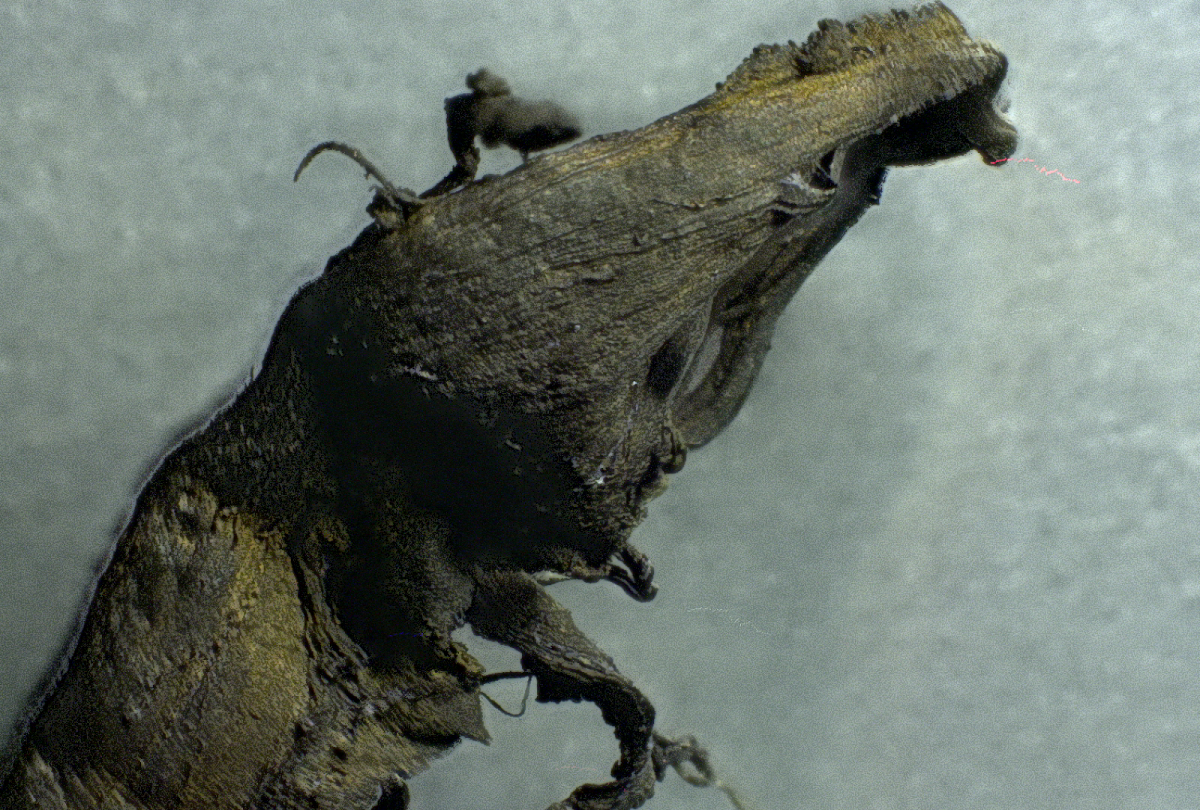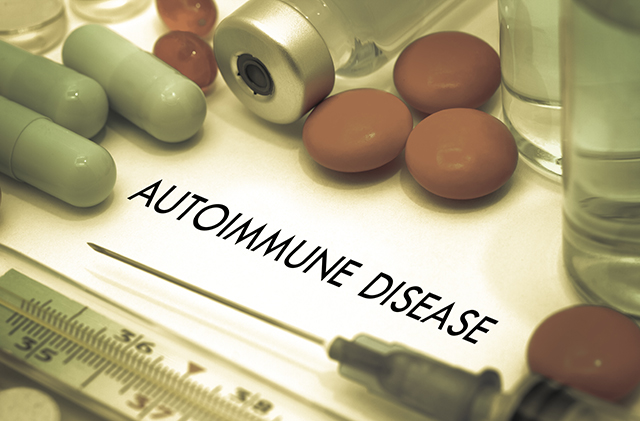Kurogane holly contains anti-cancer compounds for IBS patients
11/17/2020 / By Evangelyn Rodriguez

Colitis-associated cancer (CAC) is one of the most serious complications of inflammatory bowel disease (IBD), an umbrella term for disorders that cause chronic inflammation of the digestive tract. An important risk factor for colon cancer, IBDs – either ulcerative colitis or Crohn s disease – often precede CAC, which is a type of inflammation-driven colon cancer.
According to statistics, ulcerative colitis increases the risk of CAC by up to 20 percent, while Crohn’s disease elevates the risk by up to eight percent after 30 years. Genetic investigations into the early oncogenic events that lead to CAC show that IBD induces genotoxic responses that ultimately result in DNA damage and cancer-causing mutations.
Although CAC is responsible for only one to two percent of overall colon cancer cases in a given population, it still accounts for approximately 15 percent of all-cause mortality among IBD patients. Reports also suggest that CAC is often diagnosed at an advanced stage. Because of worse prognosis and a higher mortality rate than sporadic colorectal cancer, early detection of CAC as well as effective prevention strategies are important.
In a recent study, researchers from China and Japan investigated the preventive effects of Ilex rotunda (Kurogane holly) extract on CAC. Kurogane holly is an evergreen tree native to East Asia whose dried bark is used in Traditional Chinese Medicine (TCM) to detoxify the body and clear heat. It is also a well-known treatment for intestinal diseases like colitis. (Related: Compounds from traditional Chinese medicine effectively treat ulcerative colitis.)

The researchers reported their findings in an article published in the Journal of Natural Medicines.
Kurogane holly is a potential source of CAC-preventive agents
The pathogenesis of CAC is poorly understood and anti-inflammatory agents do not always prevent CAC. This has made it difficult to find effective treatments for this disease. But one TCM herb that has shown promise as a preventive agent against CAC is Kurogane holly. The bark of this medicinal plant is said to be rich in triterpenoids, which are active plant compounds that exert a wide variety of biological activities. Besides suppressing inflammation and reducing oxidative stress, triterpenoids have also been found to inhibit the proliferation of cancer cells and induce cancer cell death.
Using a nuclear factor-kappa B (NF-kB) translocation model in colorectal adenocarcinoma (Caco2) cells, the researchers screened the ethyl acetate extract of Kurogane holly for potential CAC-preventive agents. They chose this particular model because NF-kB — a protein complex that regulates the expression of immune response-related genes — plays an important role in the early stages of tumorigenesis (tumor formation). NF-kB activation, which is triggered by oncogenic mutations and inflammation, not only suppresses apoptosis (cell death), but it also promotes the proliferation of tumor cells and facilitates metastasis.
The researchers isolated 24 components from the Kurogane holly extract and characterized them using chromatography and spectral analysis. Experiments using immune and intestinal epithelium cells (RAW264.7 and IEC-6) revealed that all 24 compounds were non-toxic to normal cells. Rotundic acid (RA), one of the compounds isolated from the extract, was found to inhibit the translocation of NF-kB in Caco2 cells, indicating potential for tumor prevention. While RA did not induce apoptosis in Caco2 tumor cells, it showed anti-inflammatory activity in RAW264.7 and IEC-6 cells.
On the other hand, removal of RA and another compound, 28-O-glucopyranoside, reduced the CAC-preventive activity of the Kurogane holly extract, suggesting that both of these components are responsible for its ability to prevent tumorigenesis and the development of CAC.
Based on these findings, the researchers concluded that Kurogane holly is a potential source of therapeutic agents that can prevent colitis-associated cancer.
Sources include:
CancerImmunolRes.AACRJournals.org
Submit a correction >>
Tagged Under:
alternative medicine, Chinese medicine, colitis-associated cancer, crohns disease, gut health, herbal medicine, Herbs, inflammation, inflammatory bowel disease, Kurogane holly, natural cures, natural medicine, phytonutrients, ulcerative colitis
This article may contain statements that reflect the opinion of the author





















